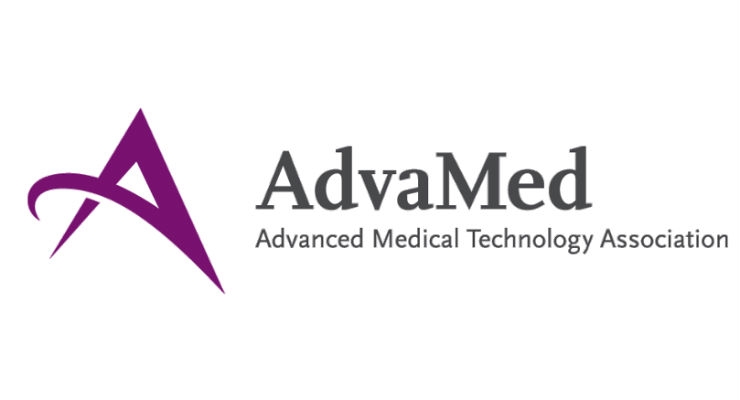On October 1, 2021, the Advanced Medical Technology Association (AdvaMed) Code of Ethics on Interactions with health care professionals in India (the Code) became effective. The Code provides medical technology and diagnostic makers with compliance principles and guidance surrounding risk areas that govern business relationships and activities.
AdvaMed created the Code due to the uniqueness of the medical device industry. While the Department of Pharmaceuticals in India has published the Uniform Code of Pharmaceuticals Marketing Practices (UCPMP) to guide relationships for the pharmaceutical industry, similar guidance for medical device companies was missing. AdvaMed anticipates that adding this separate code for medical device companies will better address those specific needs.
How the Code Was Drafted
To create the Code, AdvaMed created a Task Force of ethics and compliance lawyers from member companies. The Task Force drafted the India Code of Ethics based on the United States Code and tailored it to business and market realities in India. Once the Code was drafted, it was reviewed by attorneys in United States and India to ensure it was consistent with local laws and aligned with the AdvaMed United States Code.
After the Code passed those two levels, it was reviewed and subsequently approved by AdvaMed’s governing member committees and the Board of Directors.
What the Code Includes
The Code provides a comprehensive and inclusive definition of the term “health care professional” in the context of medical devices, “any person or entity (a) authorized or licensed in India to provide health care services or items to patients or (b) who is involved in the decision to purchase, prescribe, order, or recommend a medical technology in India. This term includes individual clinicians (for example, physicians, nurses, and pharmacists, among others), provider entities (for example, hospitals and ambulatory surgical centers), and administrative personnel at provider entities in India (for example, hospital purchasing agents).”
Additionally, the Code lays out seven elements of an effective compliance program:
- Effective lines of communication (including an anonymous reporting hotline)
- Effective training, education, and communication
- Appropriate oversight and management of the compliance program
- Standards enforced through disciplinary action
- Prompt response to detected problems and corrective action undertaken
- Written policies and procedures that incorporate and foster compliance with the Code
- Internal risk assessments, monitoring, and auditing.
The Code also notes that compliance programs should be tailored for each individual company.
The Code aims to help companies make reasonable and appropriate decisions that align with its values of Innovation, Education, Integrity, Respect, Responsibility, and Transparency.
“Medical device companies, globally and in India are dedicated to advancing medical science; developing high quality, innovative medical technology; and improving patient care. The code will act as an essential guide for all companies as they strive to achieve their business objectives while ensuring patient safety and integrity in all their actions. We urge all med-tech companies – including small, medium, and large size firms and all the representatives on the forefront of these businesses to proactively adopt the code. The code will not only standardise interactions with healthcare professions during the course of their business but also help maintain a healthy MedTech innovation ecosystem for the benefit of the industry as whole.” Abby Pratt, Senior Vice President, Global Strategy & Analysis, AdvaMed, said.

